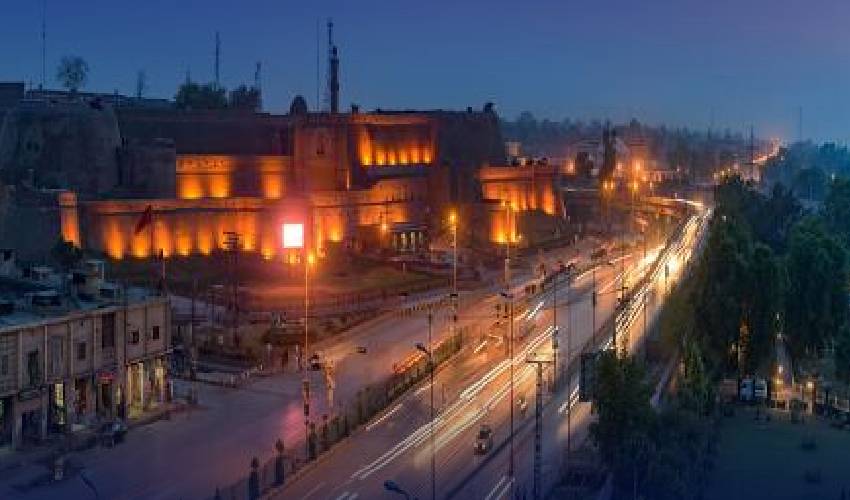An interdisciplinary research group from Peshawar will join this year’s Next Generation Foresight Practitioners (NGFP) fellowship alongside 25 other fellows representing 22 countries.
Ishtiaq Azim, Muhammad Jibran Arshad and Mohammad Hayat Khan proposed a project called ‘Peshawar in 2035’ to inspire the adoption of ‘cutting-edge technology’ for city development, while offering ‘insights and solutions’ to manage associated risks.
What is Peshawar in 2035 project?
Ishtiaq Azim, Muhammad Jibran Arshad and Mohammad Hayat Khan's project, ‘Peshawar in 2035,' aims to publish a book comprising two short science fiction stories centred on Education and Law.
They will use science fiction stories to spark imaginations and envision the potential impact of emerging technologies like Generative AI, Virtual Reality, Augmented Reality, and 3D Printing on the future of education and law in Peshawar.
These stories will inspire lawyers, educators, policymakers, and the public to envision alternative futures for those sectors.

“Our passion for sci-fi and future thinking drives us. We enjoy envisioning alternative futures and believe that it can drive a meaningful change. Great work happens within passionate communities, and that's why we applied for the fellowship,” the team members said.
This year, NGFP received 364 final submissions and 84 completed submissions for the Young Voices Award with partner organisation Teach the Future.
A panel of judges selected candidates whose projects demonstrate an innovative approach and a clear theory of change for the creation of alternative and better futures, engage their community, and are committed to using insights about the future to create transformation today.
“The NGFP Fellows and wider network are an inspiring beacon for the future as they lead their communities to engage with the upcoming global challenges and opportunities ahead", says Cat Tully, Managing Director of the School of I International Futures, the organisation responsible for the creation of the NGFP initiative.



























